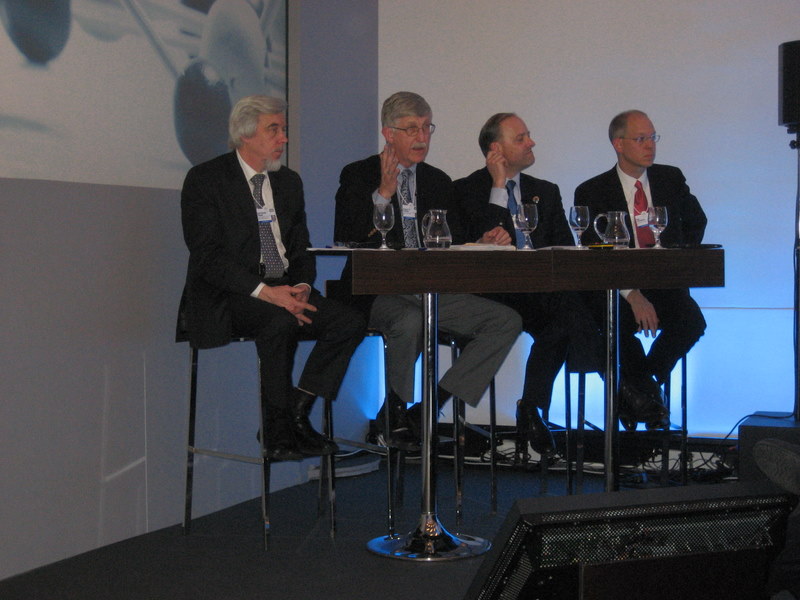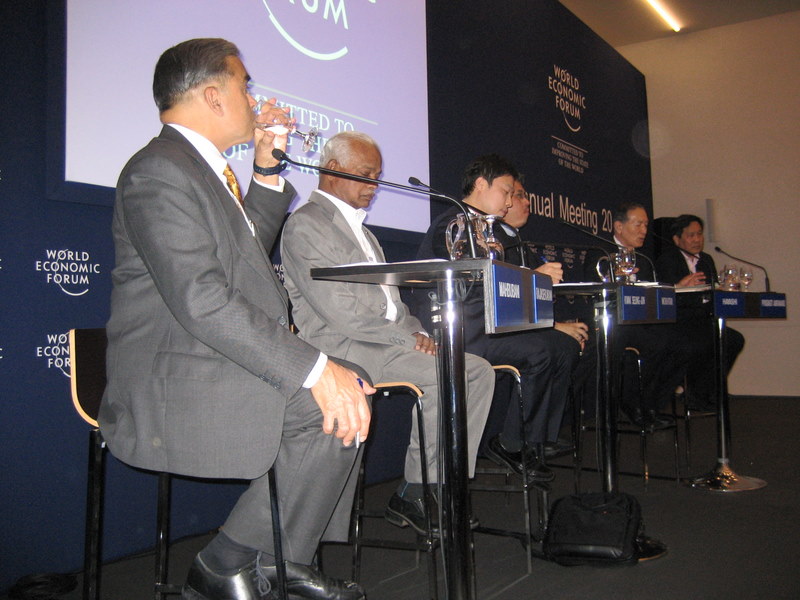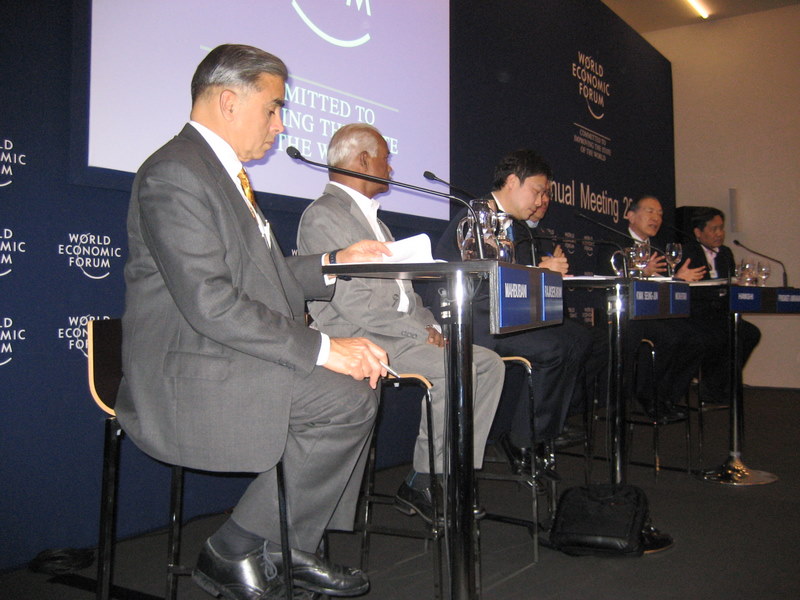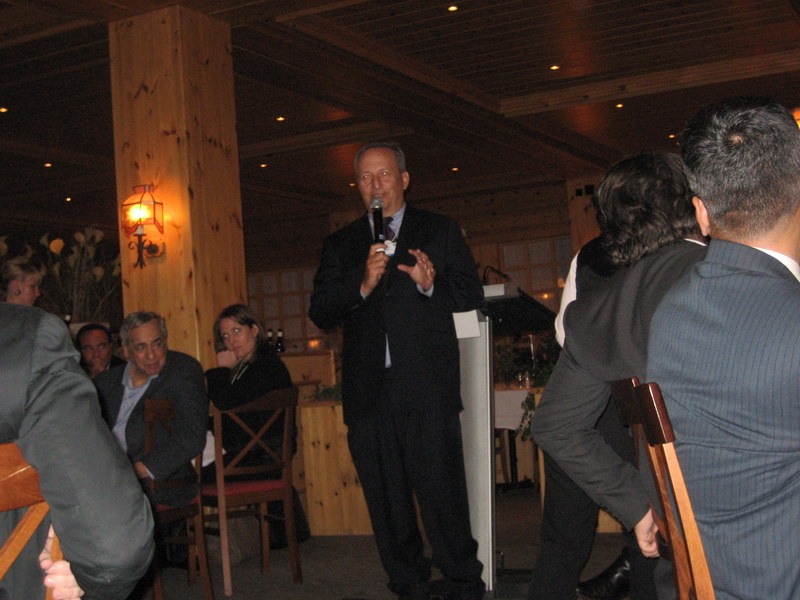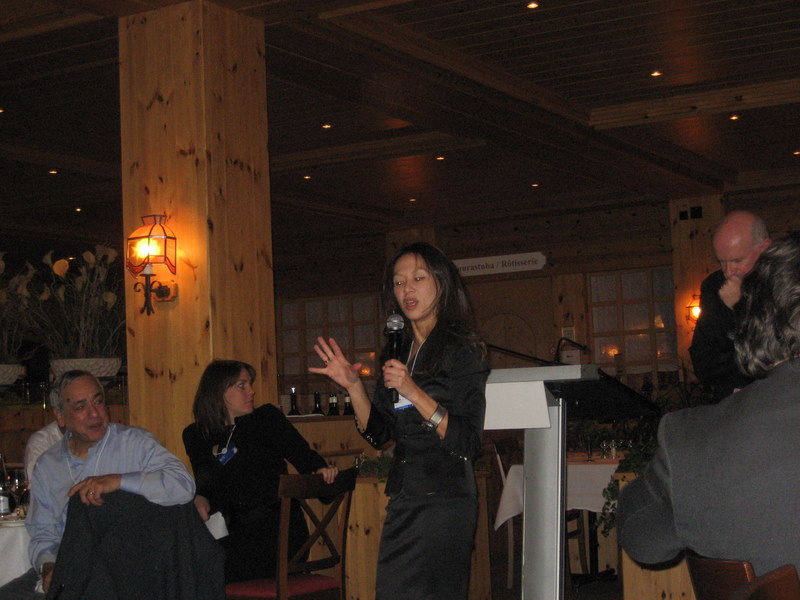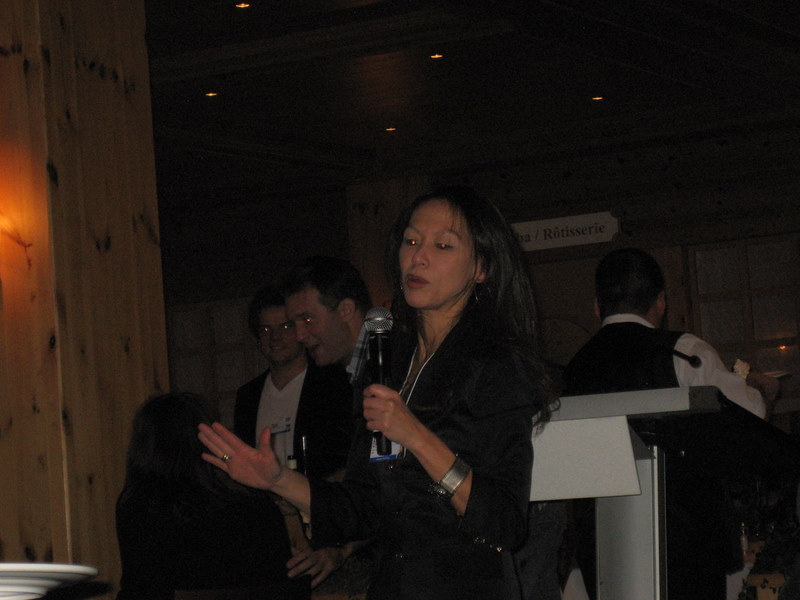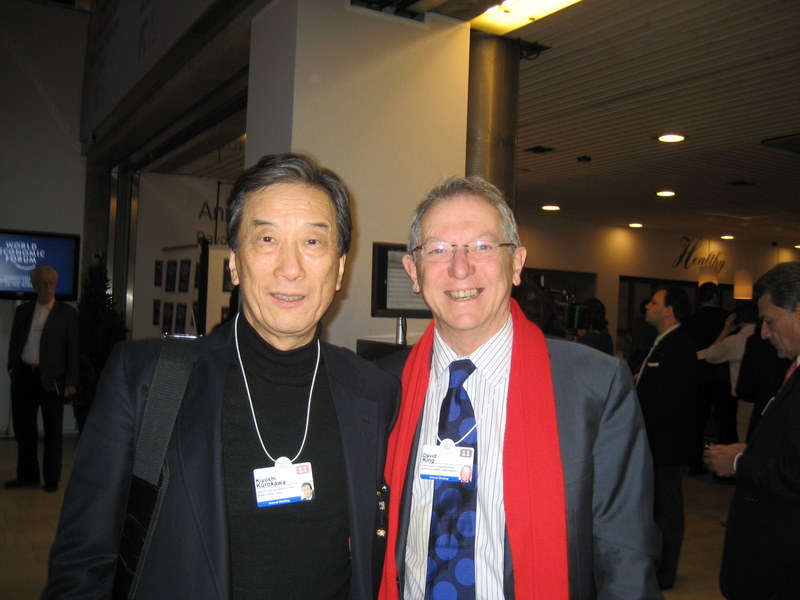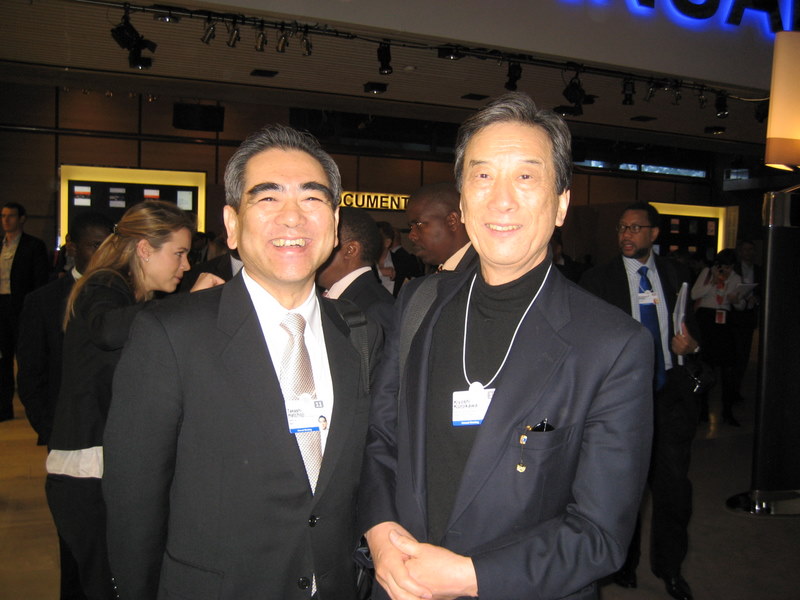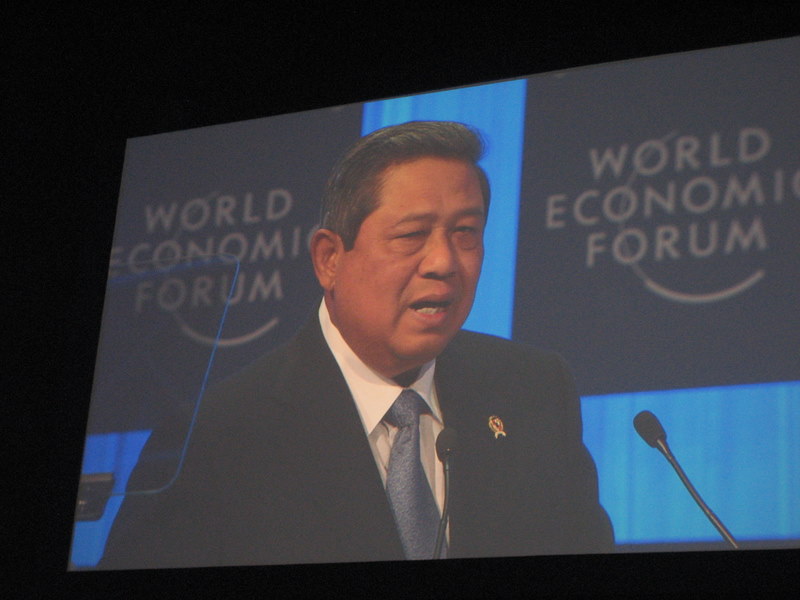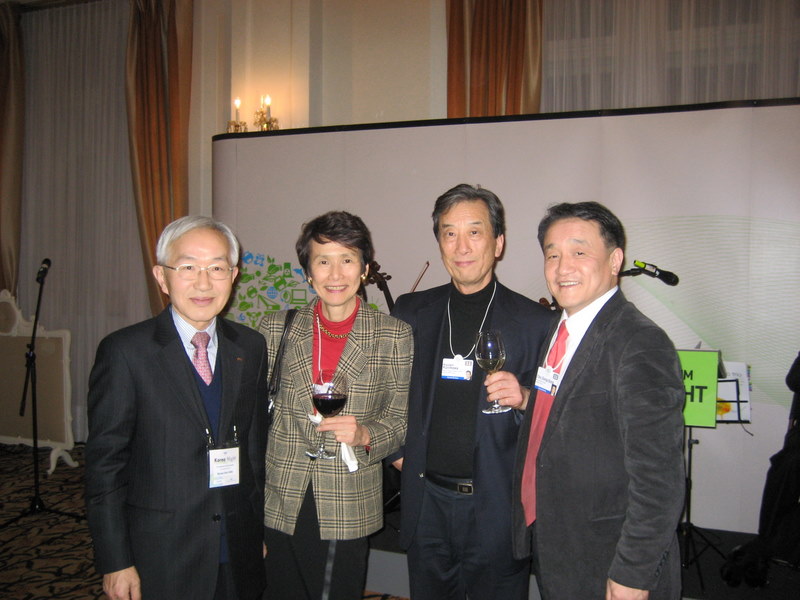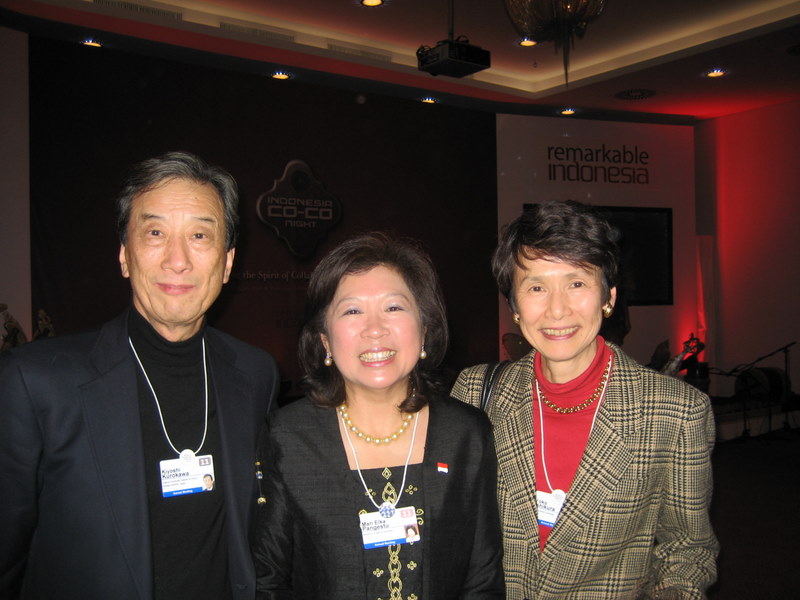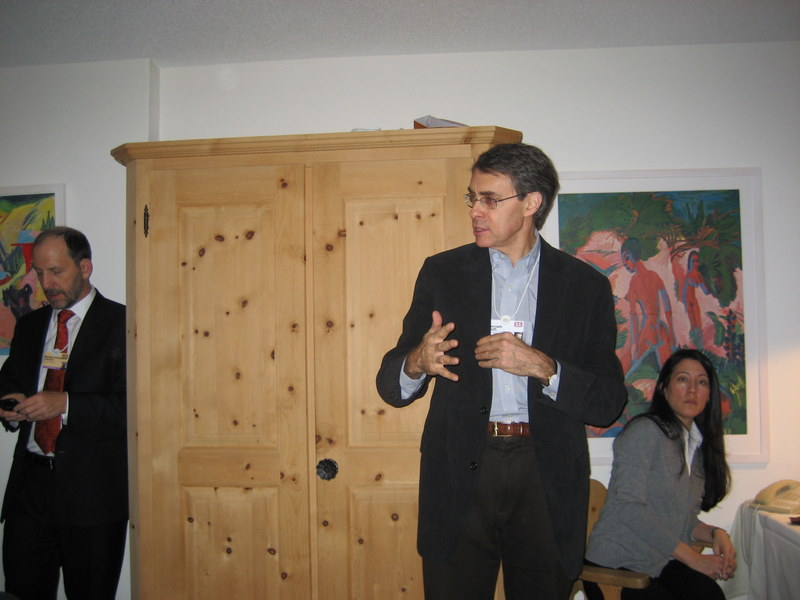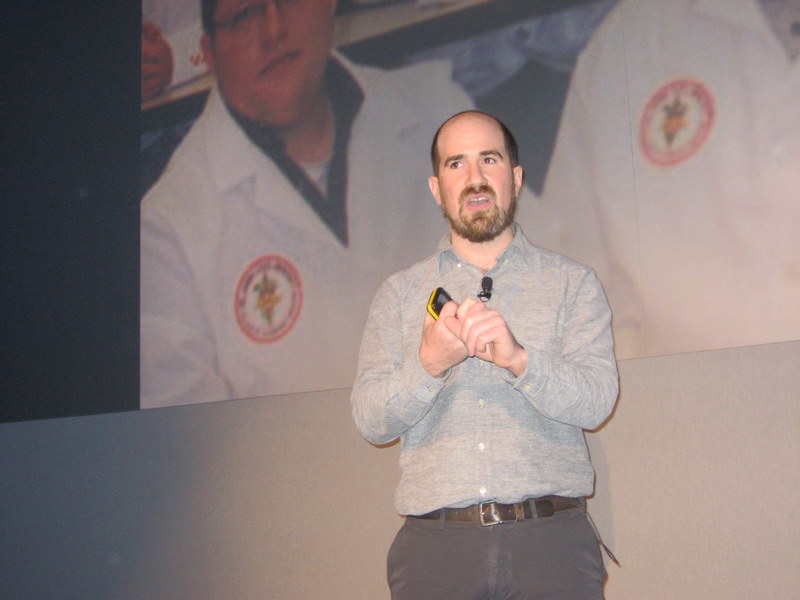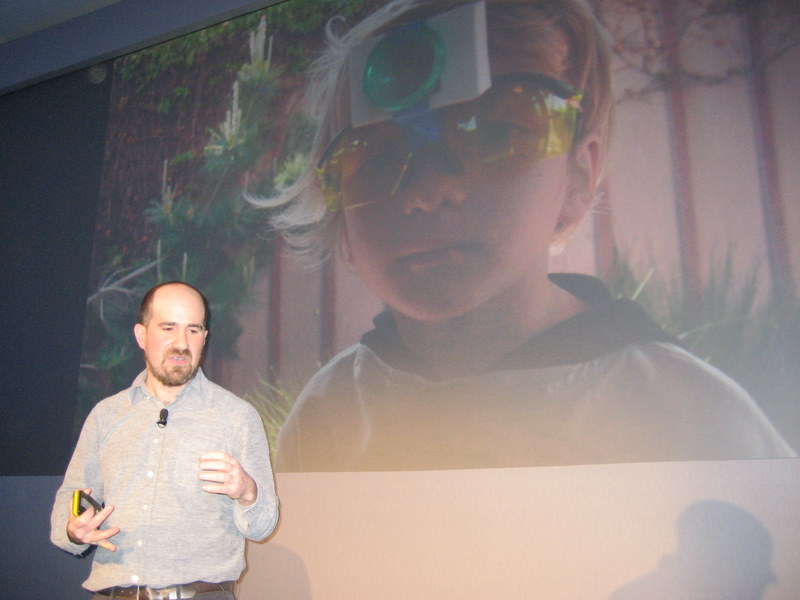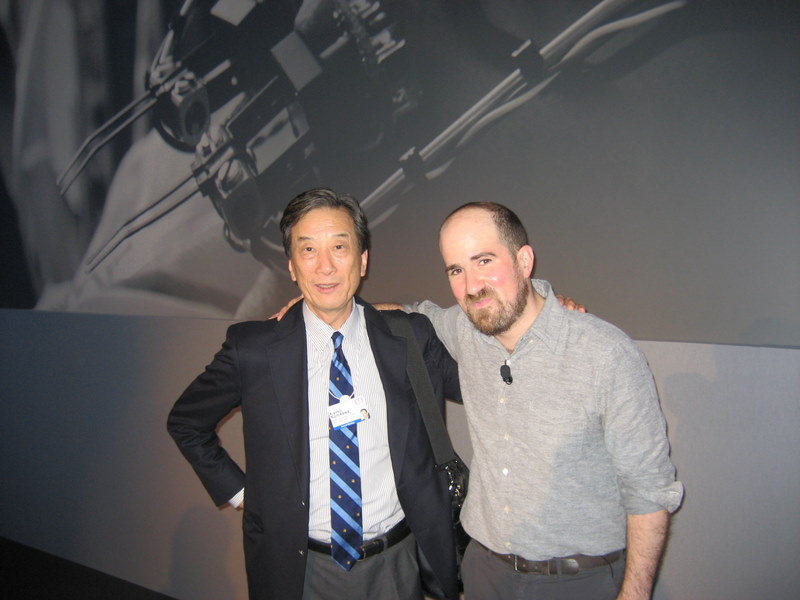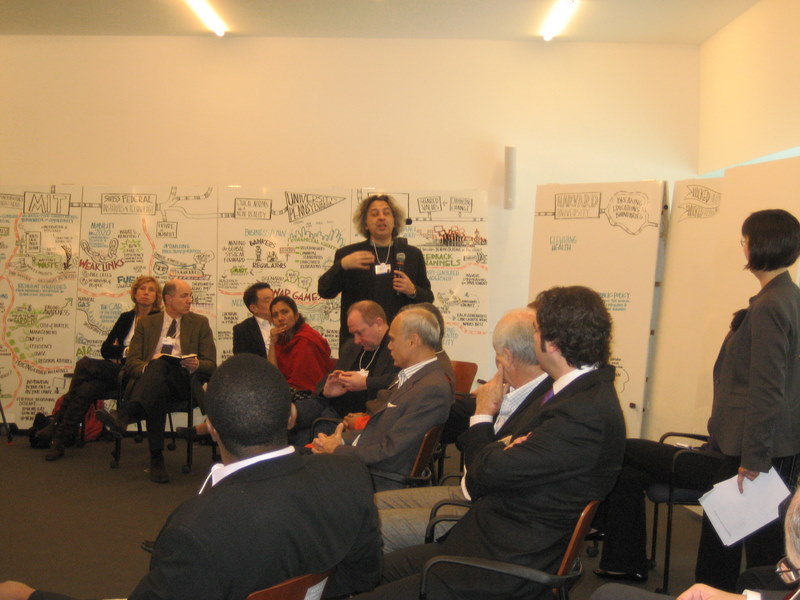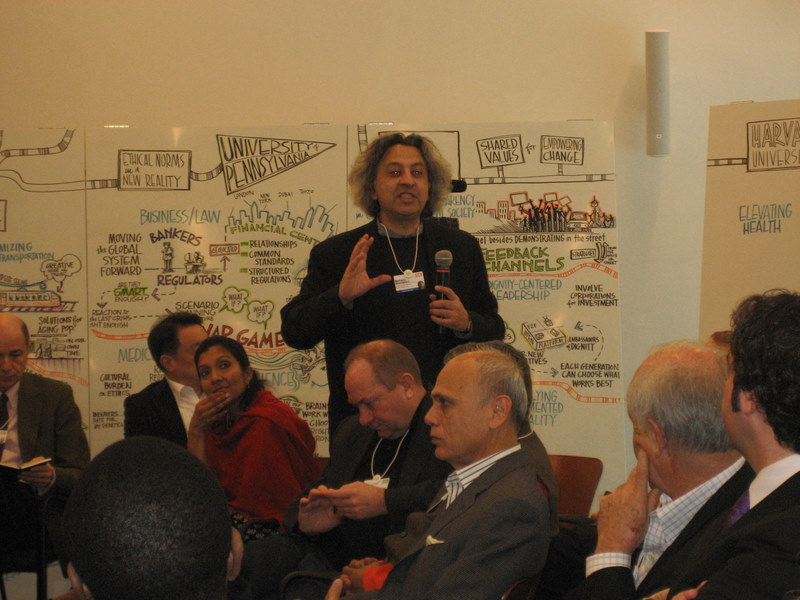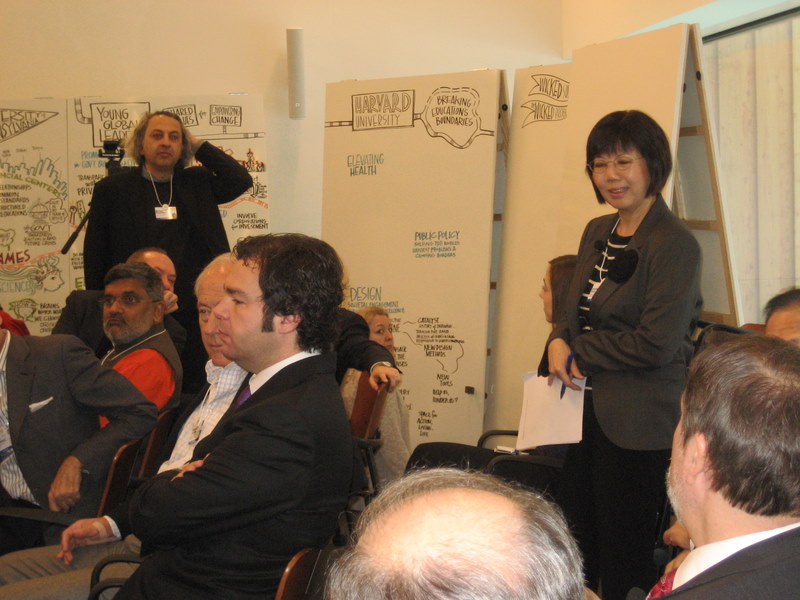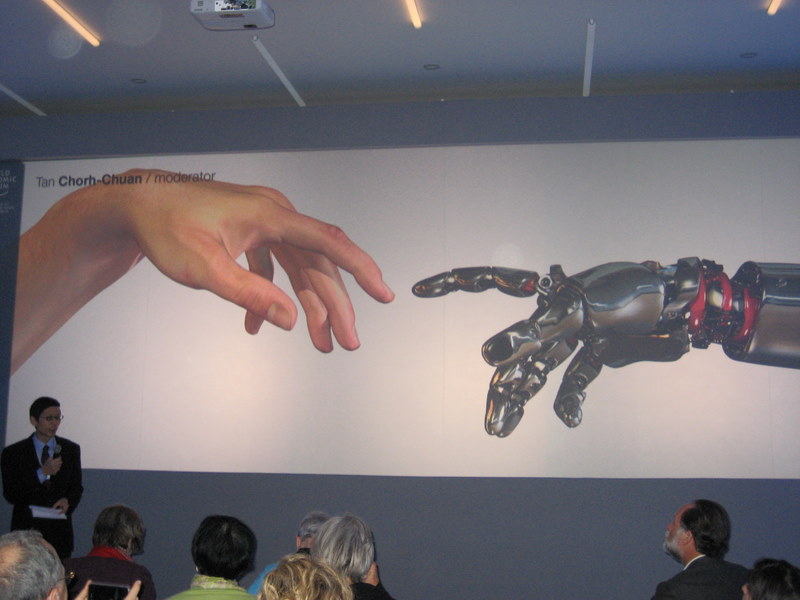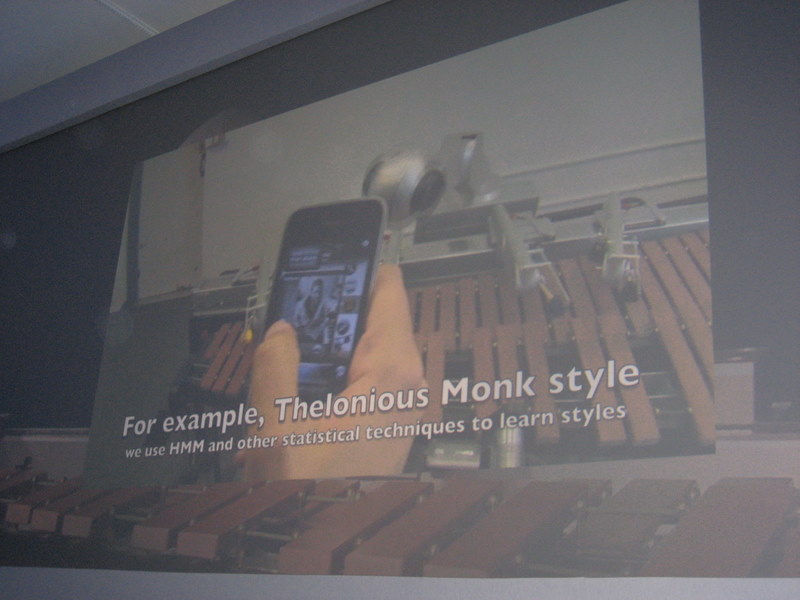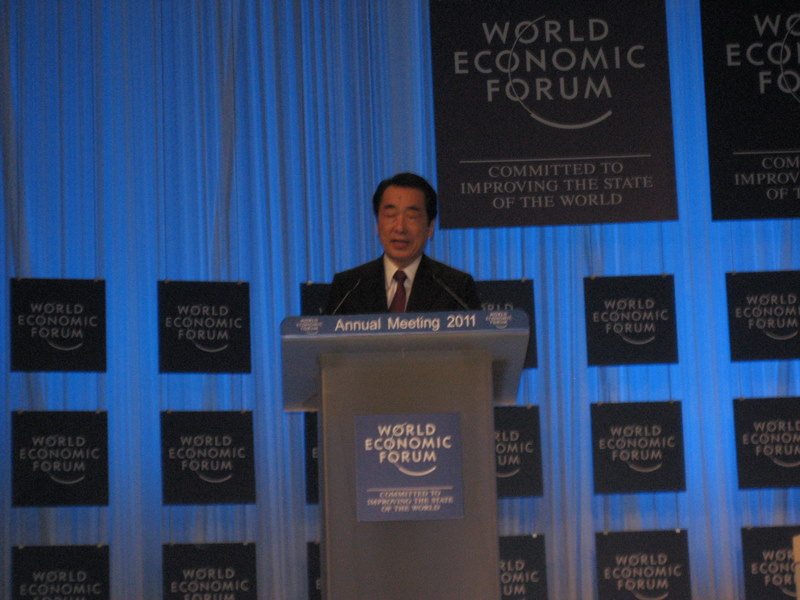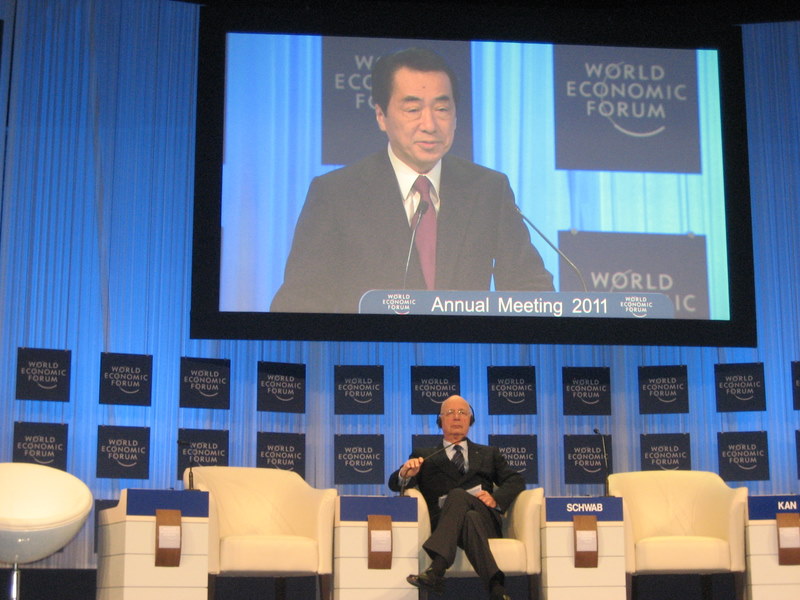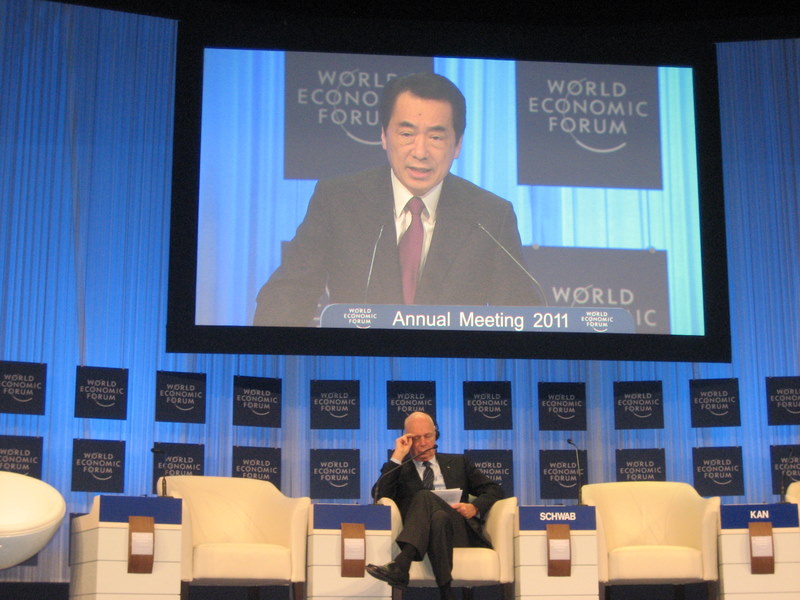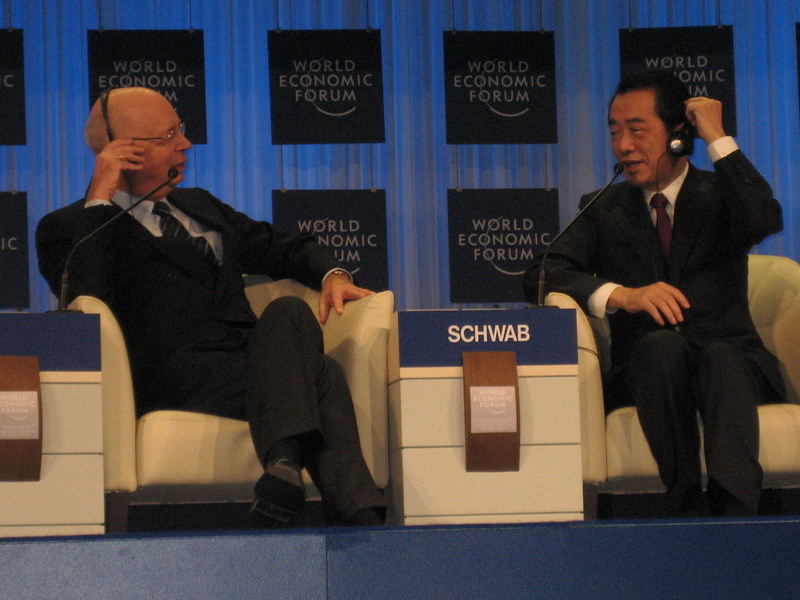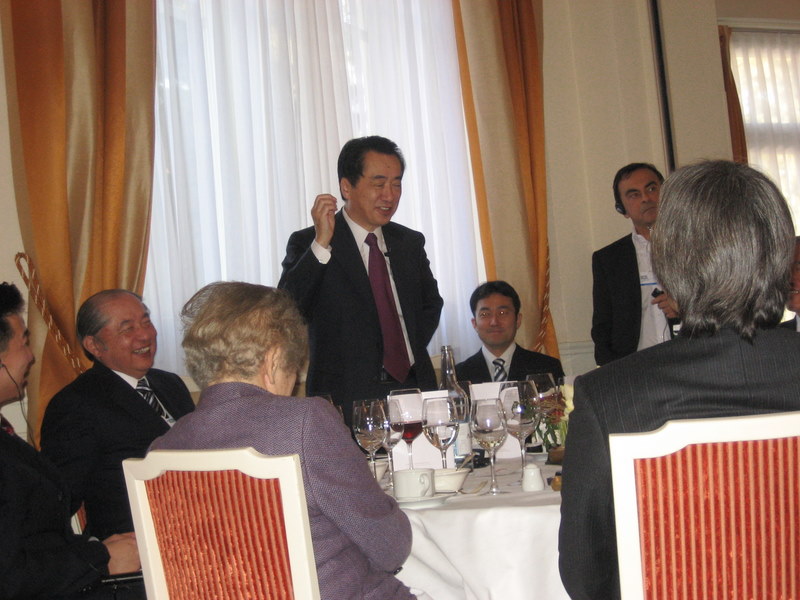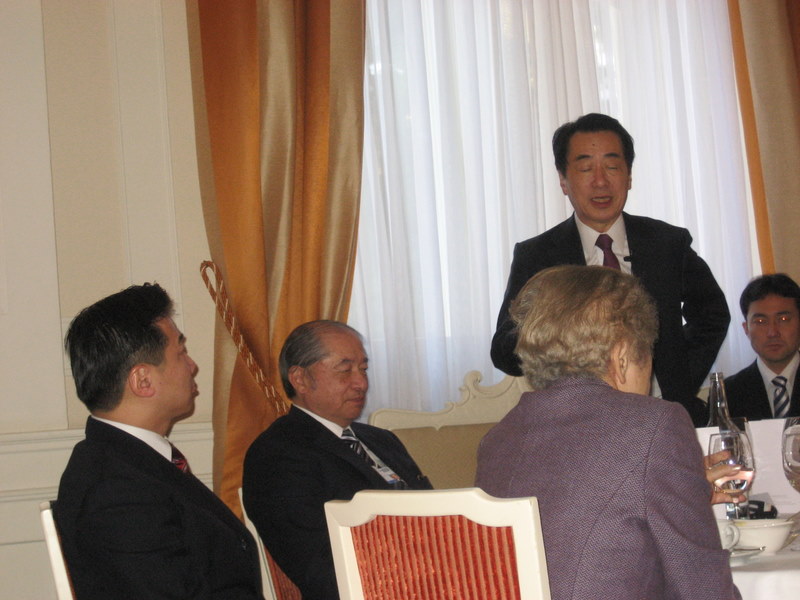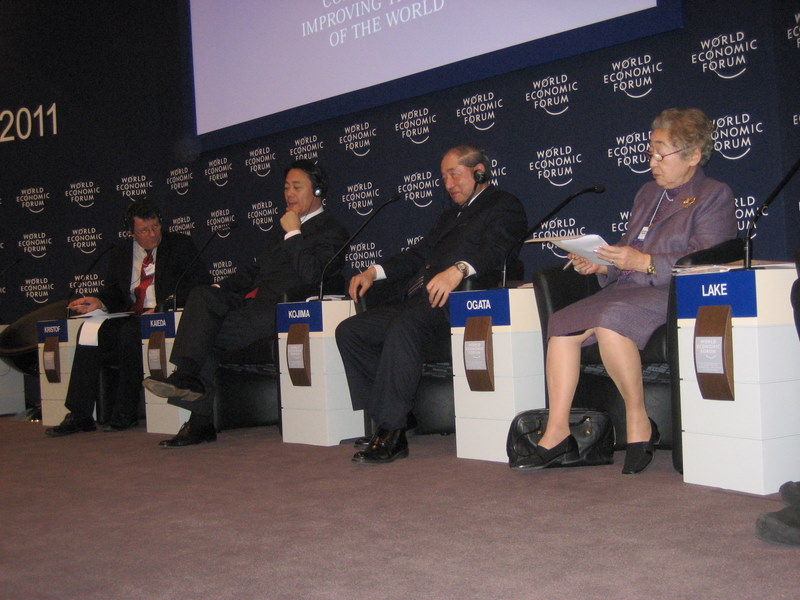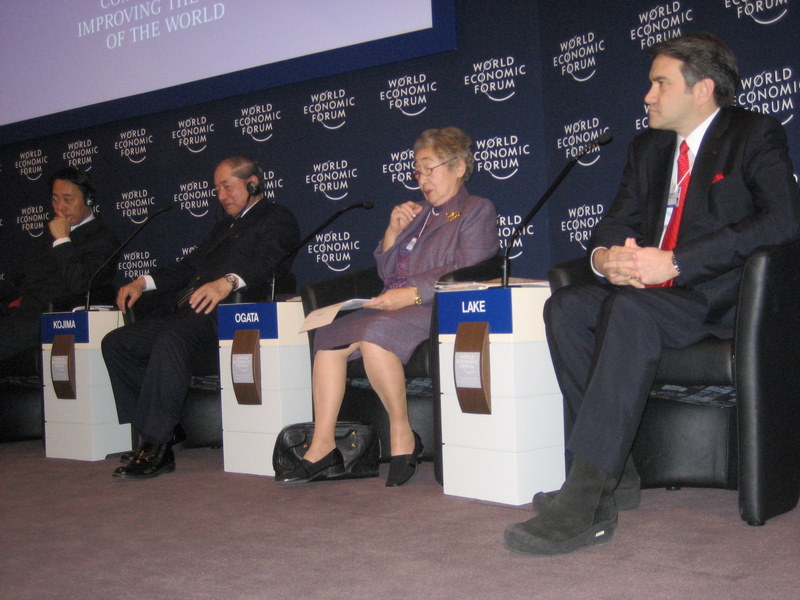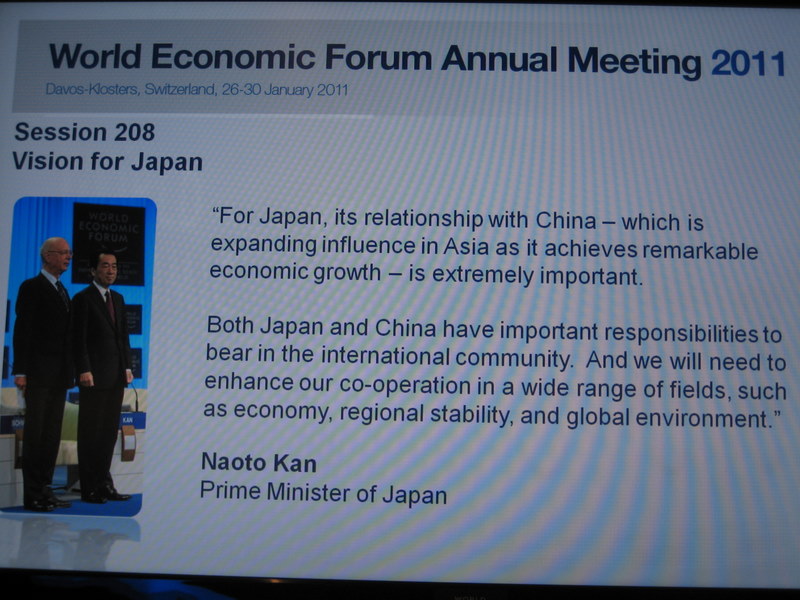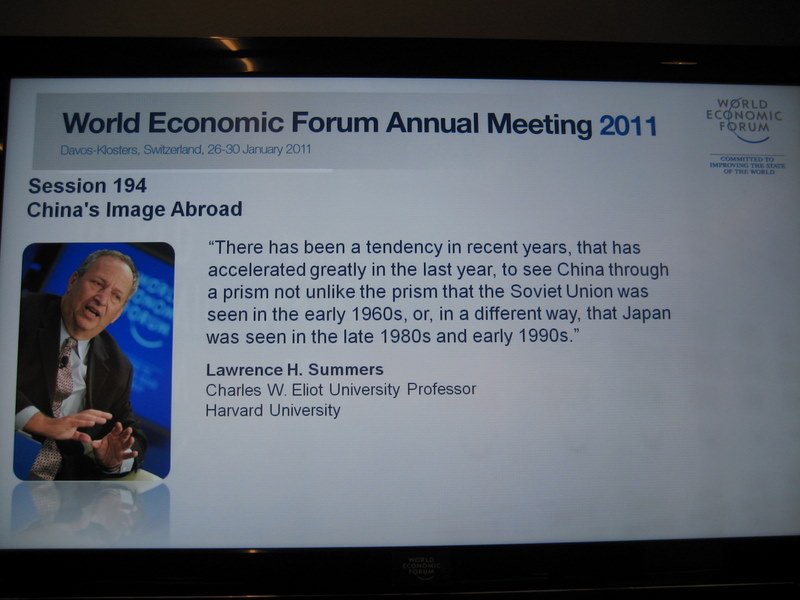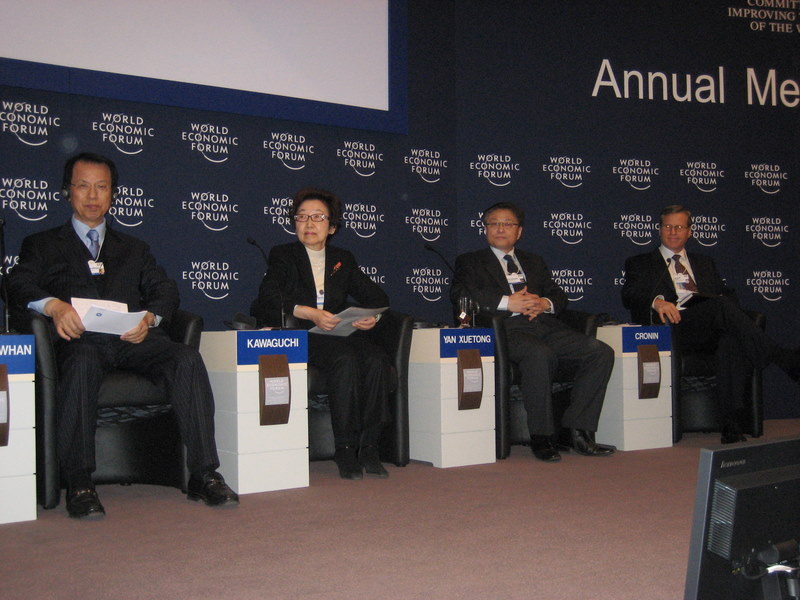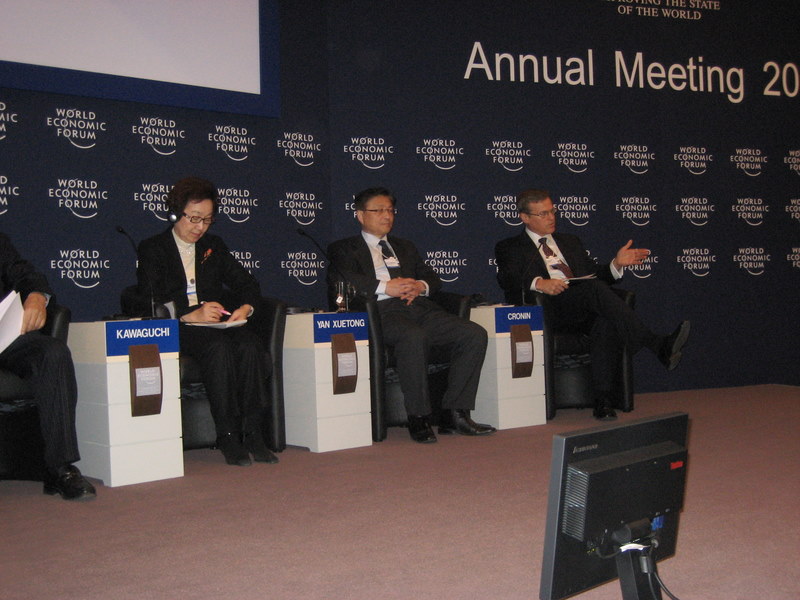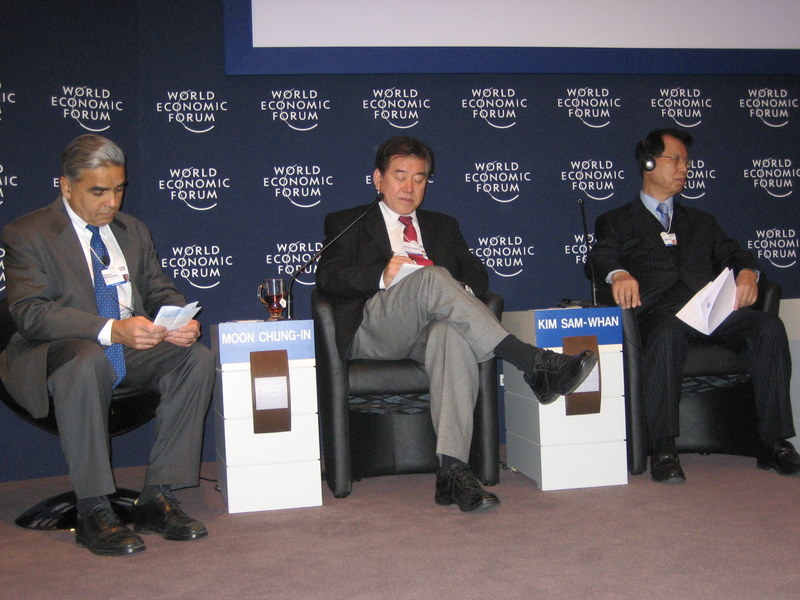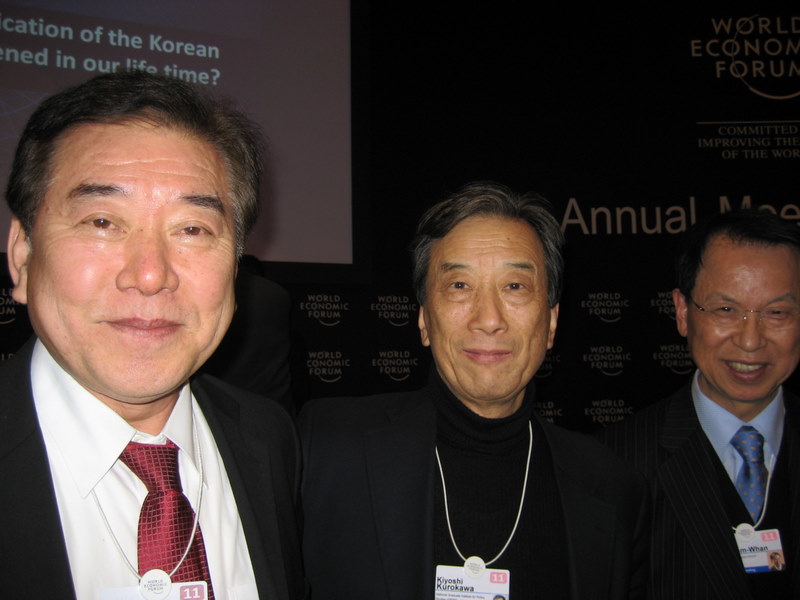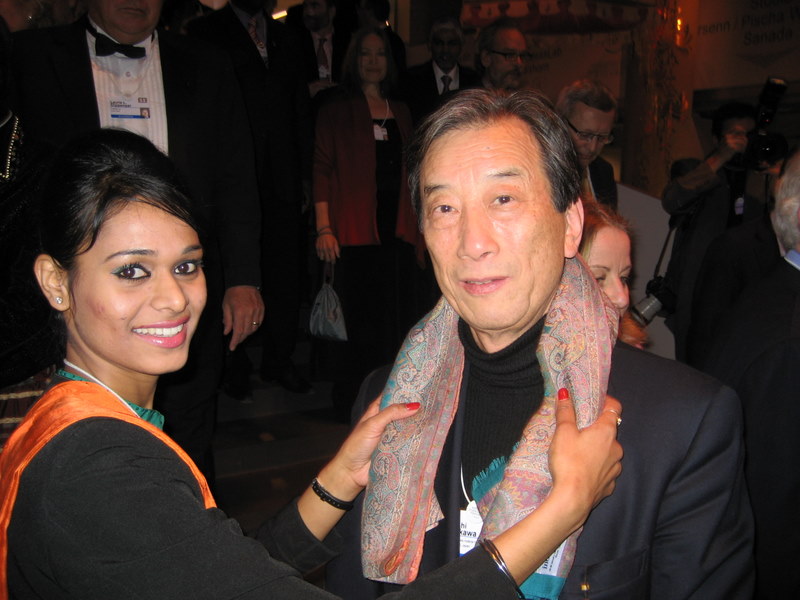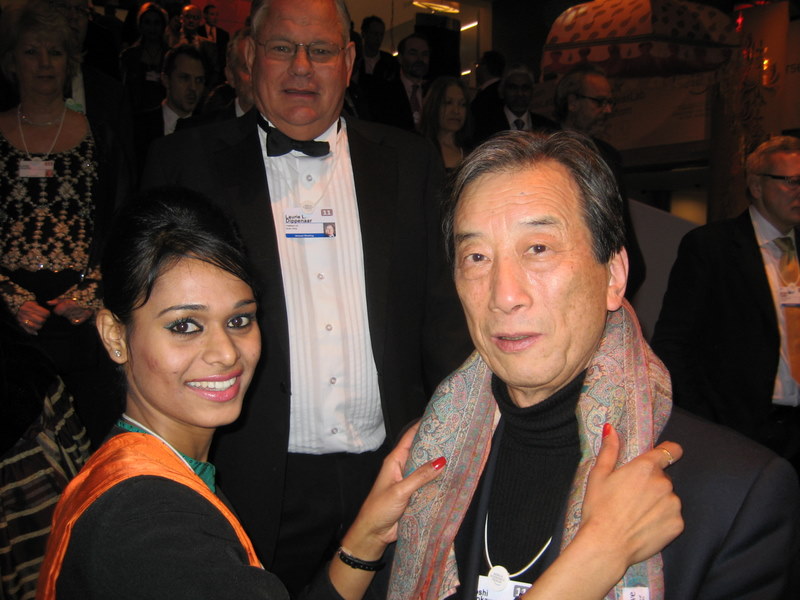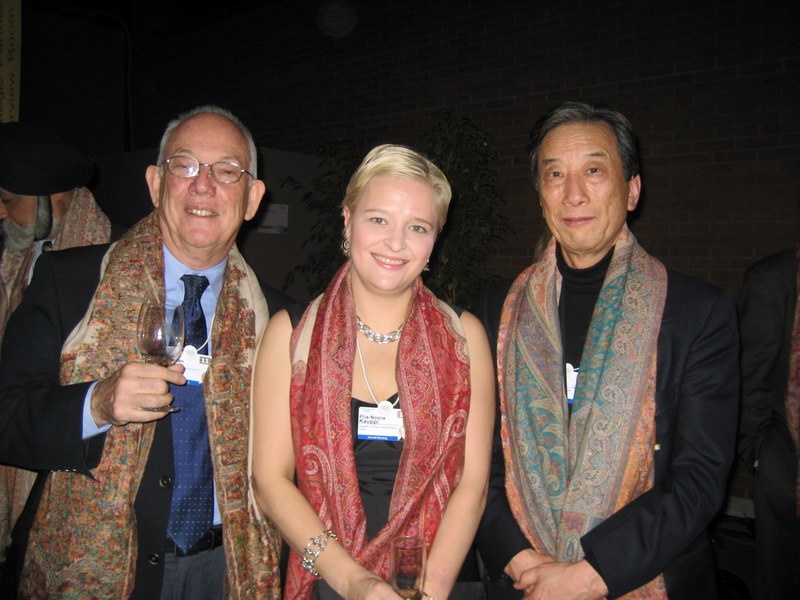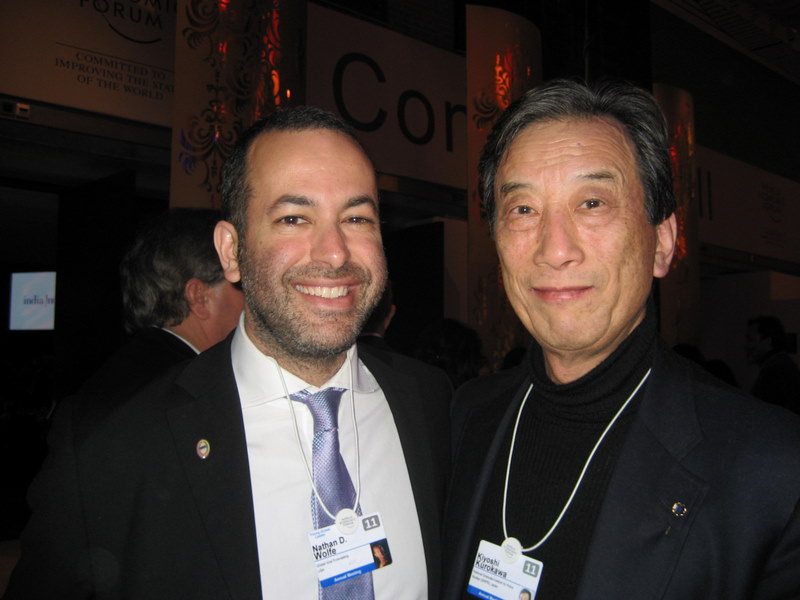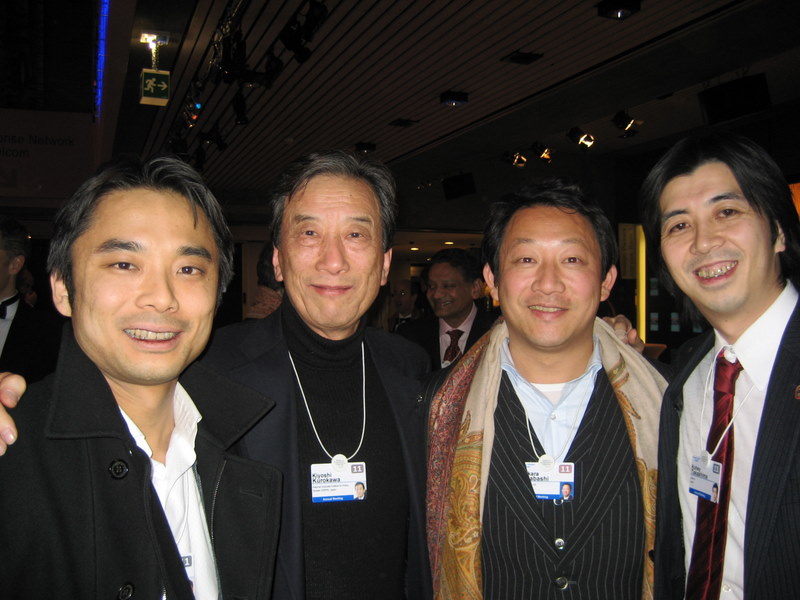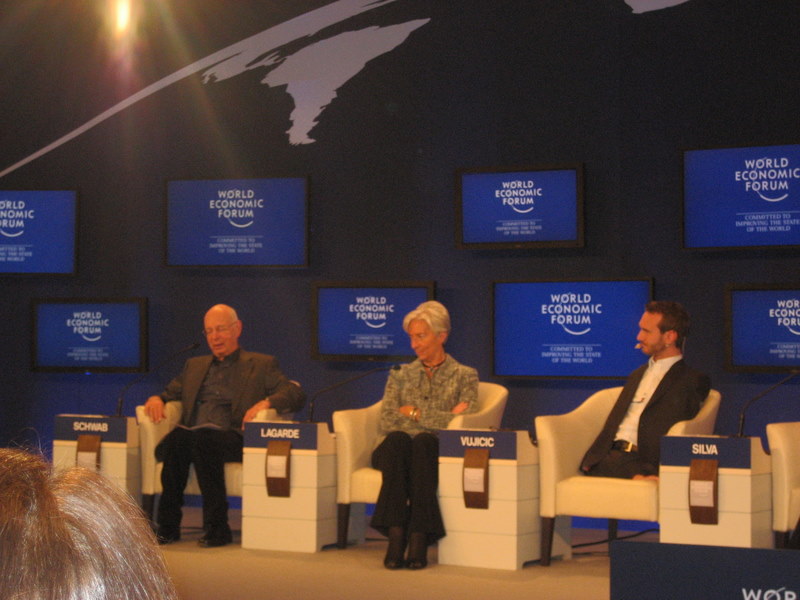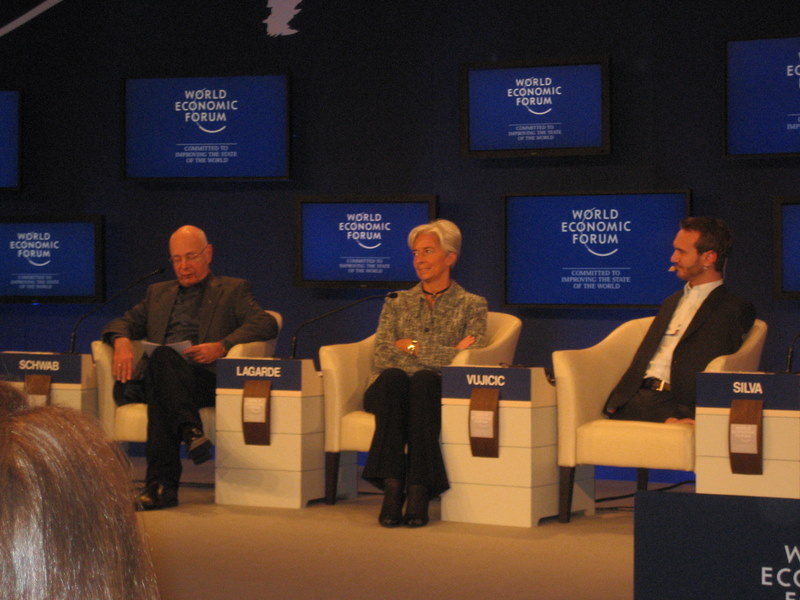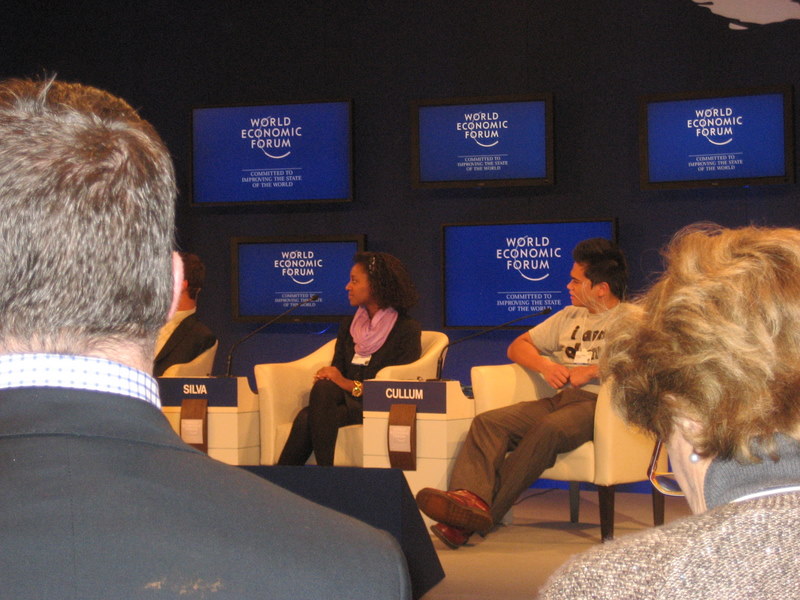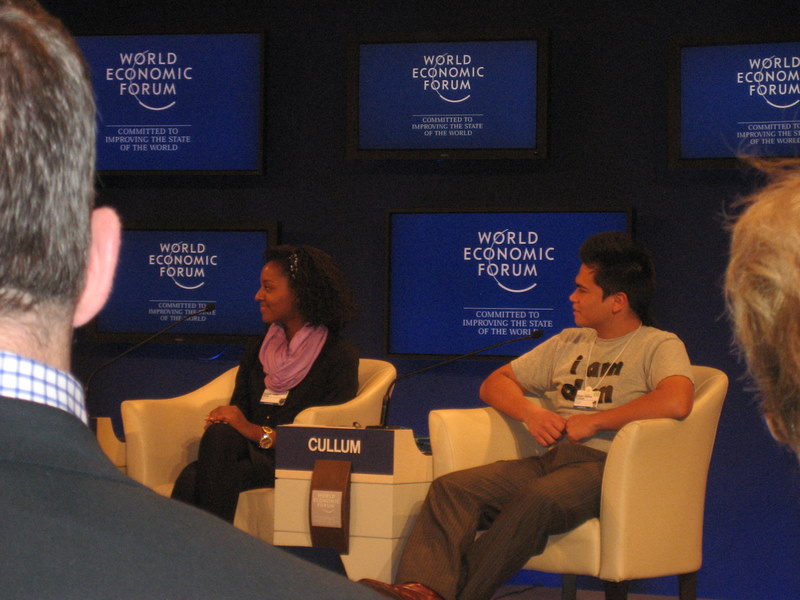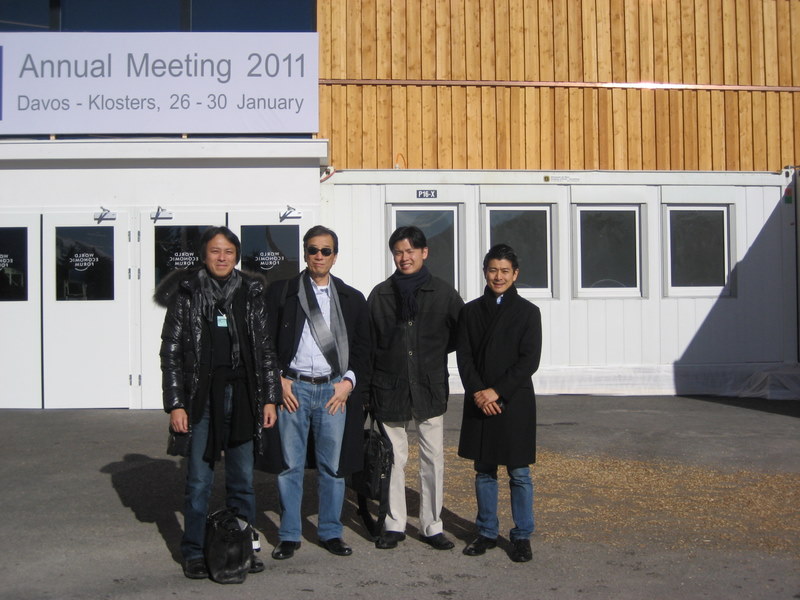Following the Congressional Briefing with the members of the Diet of Japan which took place on February 25nd, we opened the Global Health Forum 2011on 26th.
We focused on Global Health, in collaboration with UNITAID and Department of Global Health Policy of The University of Tokyo.
As you can see from the program, the host of this forum was Ms. Doden of NHK, an expert in this field, and the key note was delivered by Mr. Douste-Blazy, Board of UNITAID, UN Special Advisor on Innovative Financing for Development, and former Minister of Foreign Affairs of France. The panelists were; Professor Shibuya, University of Tokyo, Mr. Tistdall, GAVI (Japan is one of the major nations supporting the bond issuance for immunization), Mr. Eun Joo Lee, the Minister of Foreign Affairs of Korea, Ms. Cristina Parsons Perez, American Cancer Society, Mr. Mugitani, Senior Vice Minister of Ministry of Health of Japan, Dr. Stephen Morrison, Senior Vice President of CSIS and Director of Global Health Policy Center, and Dr. Yonekura, Chairman of the Sumitomo Chemical and Japan Business Federation (Keidanren). I am grateful for their participation, knowing their tight schedule.
The forum succeeded in coordinating a good, meaningful discussion thanks to the participation of many key persons in the field of Global Health. I would also like to note here that Mr. David Bowen of the Gates Foundation kindly joined our Forum.
The discussion started by searching for the possible area and means where Japan could contribute. We focused on the achievement of the MDG, discussing possible support by the developed countries, and the process to follow, taking into account the current financial difficulties which those developed countries have. Although Japan is currently making contributions through immunization bond issuances in addition to ODA by the government, we tried to figure out new types of support that is independent from the tax money allocated from the government of Japan.
I hope that the Japanese economy as well as the mood in its society will improve soon.
